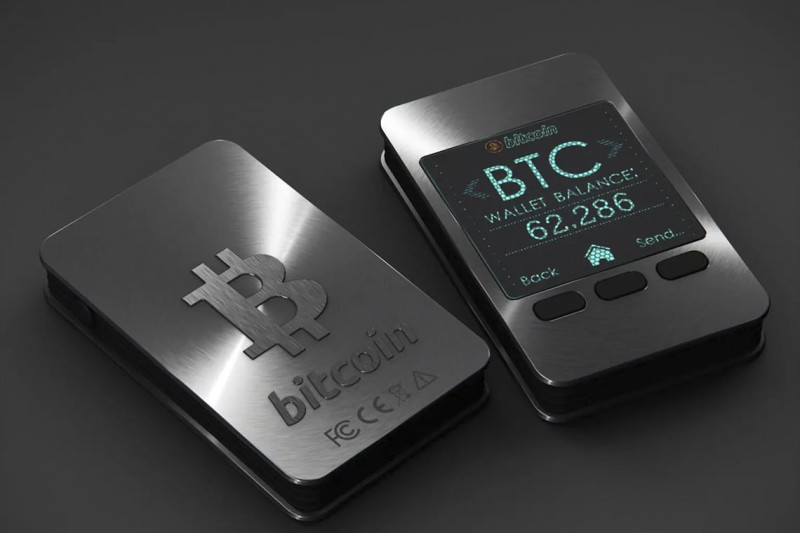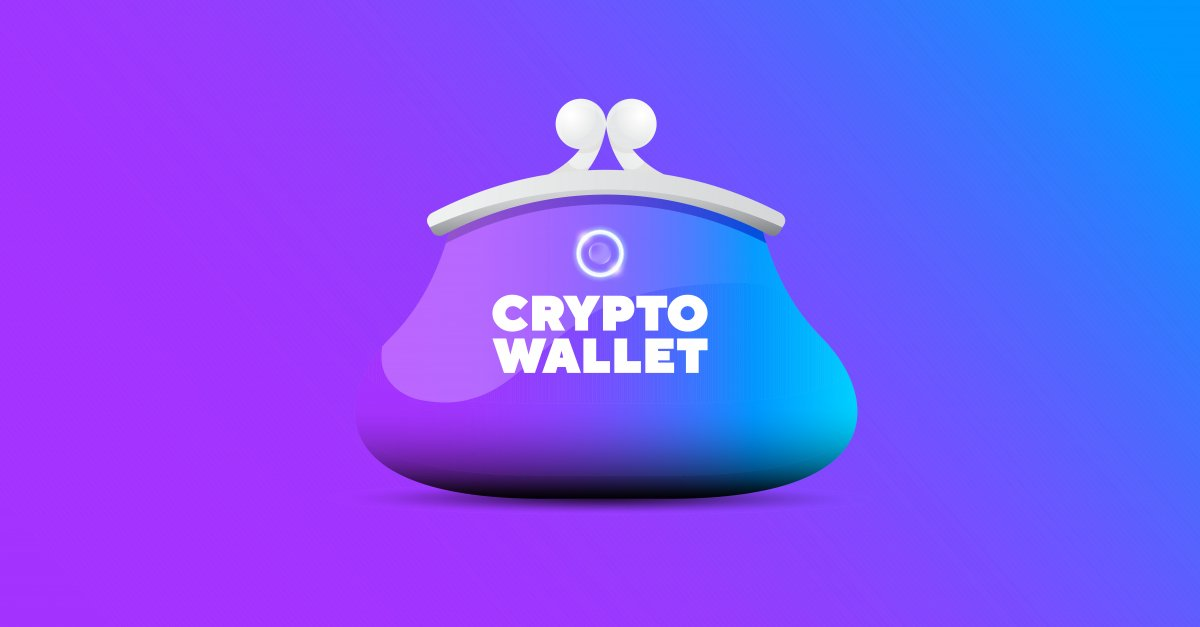Cryptocurrency is widely developing in the modern world, people invest money in it, try to earn, and in order to store it, it is necessary to use special separate storages created on specialized sites. Naturally, scammers will want to steal this money, they develop various schemes to steal money from a cryptowallet.
Scammers develop methods to create fake cryptowallets to steal money, they need to have the owner's information, so they fish for personal information.
Cryptowallet
A cryptowallet is a virtual wallet designed to store cryptocurrency. For this purpose, special software products have been created that store access keys to created cryptocurrency exchange accounts.
A cryptowallet is a reliable software product that saves information about assets, placing all transactions in blockchain segments – this is an indicator of the degree of security.
To become the owner of such storage, it is necessary to register on a specialized website or exchange. After registration, the cryptowallet owner is issued special key codes, both public and private. These are the personal data of the electronic cryptocurrency wallet owner, and should be kept secret and not distributed online.
Like any money, whether real or virtual, it always attracts the attention of scammers, especially cryptocurrency. Because on trading platforms you can see the movement of money and transactions, which gives scammers the opportunity to hunt for cryptocurrency owners and their wallets.
Cryptocurrency Fraud
The main goal of scammers is to obtain information about others':
- cryptowallets;
- passwords
- access codes.
This gives them the opportunity to steal cryptocurrency or transfer it to accounts of interest to them. Such thefts are possible if you fall for fraudulent fake links.
Fraudsters create phishing messages aimed at catching the victim by sending various notifications that contain malicious software or fake links. If you follow this link, upon entering the site, the malicious software can:
- read personal information;
- request additional information entry;
- offer to participate in surveys, promotions, and giveaways.
Scammers rely on the fact that a person will want a quick deal, fall for it, and enter their personal cryptowallet information.
Such manipulations are quite common in the modern digital world, with each year the value of cryptocurrency grows and its worth increases, so scammers dream of acquiring as much currency of interest to them as possible.
To feel safe, away from the influence of scammers, it is enough not to use messages sent from unknown numbers that contain links to suspicious sources. Remember that a reputable company that has been working on a cryptocurrency platform for years will not send such messages requiring deposits, disclosure of personal data.
Fake Wallets
Understanding that cryptocurrency is a relatively young type of asset, scammers are still interested in stealing it, so fraudsters strive to create fake cryptocurrency exchanges and fake cryptowallets.
Attracting victims to sites where the sale of well-known cryptocurrencies is offered at a reduced price and promises of high earnings appear, such information should be alarming. Do not follow further links.

Using fake cryptowallets is not a problem for scammers, creating fake storages is not difficult if they have a certain amount of knowledge and access to create viral software to infect the victim's gadget, allowing access to passwords and stealing the entry key.
For a scammer to remain unnoticed on a cryptocurrency exchange, they must work hard:
- By hiding personal data from scammers and not spreading secret codes, the user will be able to keep information about the contents of the cryptowallet and avoid scammers' encroachments.
- Always seeking help from employees of reputable companies engaged in cryptocurrency sales and cryptowallet development ensures security.
Cryptocurrency Protection
To protect your cryptocurrency, you need to:
- keep account records separate from bank accounts;
- not respond to unfamiliar contacts in networks, emails, and on crypto trading sites;
- be sure to use and purchase cryptocurrency only from official companies, ensuring a safe transfer of cryptocurrency data;
- do not follow links to sites and applications from unverified sources, i.e., incoming mailings.
